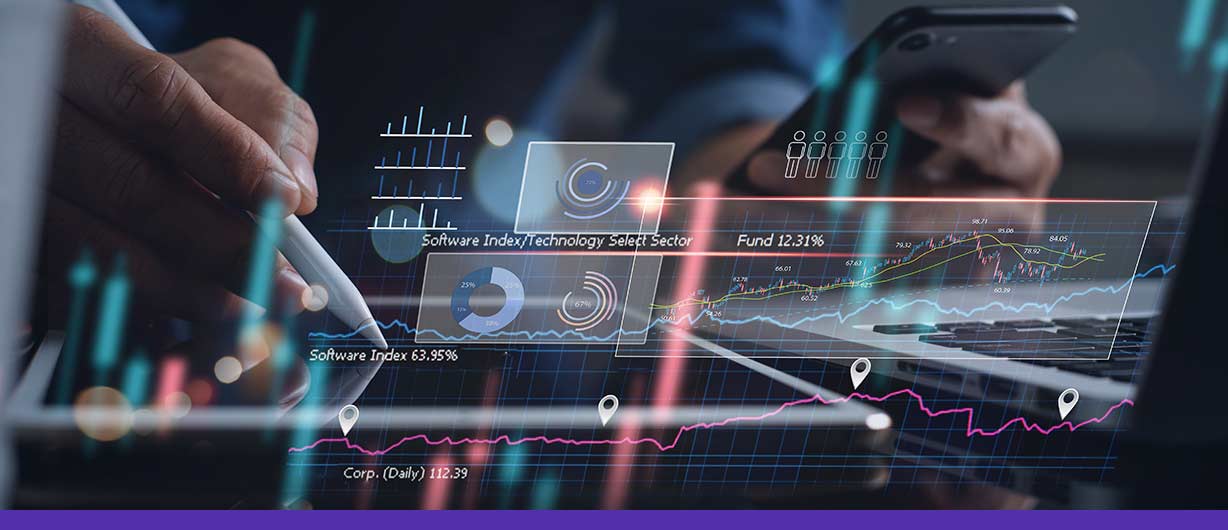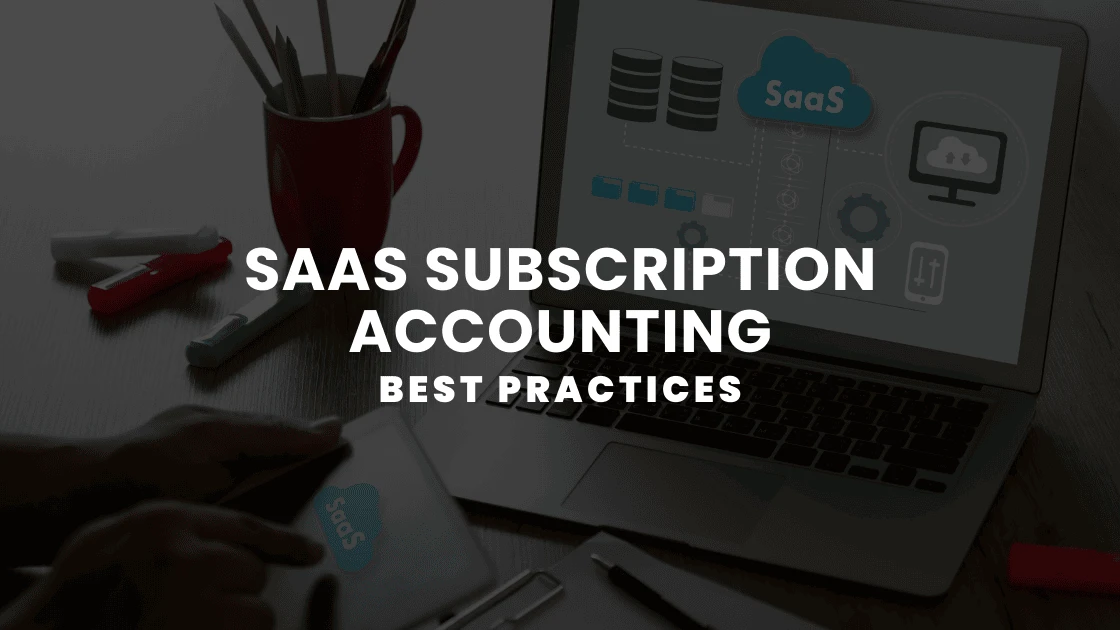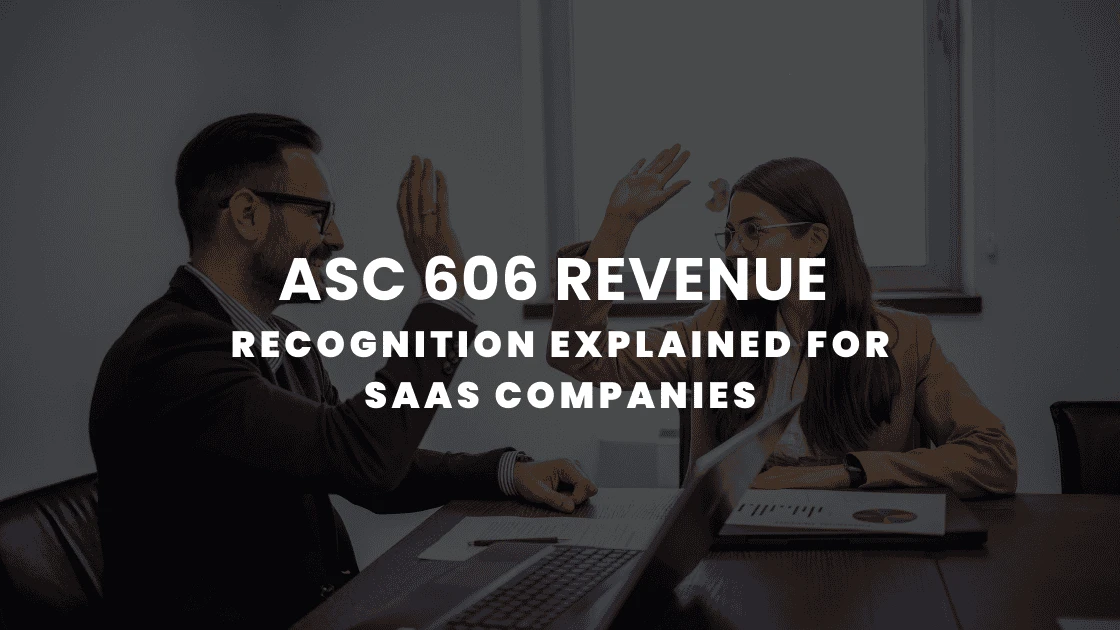August 24 2023 | By Farwah Jafri | 6 minutes Read

What Does Accounting Technology Mean?
What are the benefits of accounting technology?
1. Increased Efficiency & Accurate Financial Data
2. Real-Time Reporting & cost saving
3. Improved Compliance & Enhanced Security
4. Streamlined Audit Process
5. Accessibility, Collaboration & Better Decision Making
How do APIs work in accounting technology? What are the benefits of technology accounting technology?
How APIs work in accounting technology:
1. Data Integration
2. Automated Data Retrieval
3. Functionality Extension
4. Real-time Updates
Benefits of APIs in accounting technology
Endnote
Technology has become a driving force behind efficiency, accuracy, and innovation in the ever-evolving landscape of business and finance. One of the domains profoundly influenced by this technological revolution is accounting.
This blog will delve into exploring the key concepts, tools, and benefits that have reshaped the accounting profession. Whether you’re a business owner, finance professional, or simply curious about the future of finance, this journey into the realm of accounting technologies will shed light on how it has transformed the financial landscape.
Accounting technology, or financial software, refers to the application of technology to manage and streamline various accounting and financial tasks. It involves using software and digital tools that automate and enhance accounting processes, making them more efficient, accurate, and accessible.
Accounting technologies can encompass a wide range of software and tools, including but not limited to:
1. Accounting Software: These are comprehensive software solutions that handle core accounting functions such as bookkeeping, invoicing, accounts payable and receivable, general ledger management, financial reporting, and tax preparation.
2. Automated Bookkeeping: Software that automatically records financial transactions, categorizes expenses, and reconciles accounts, reducing the need for manual data entry.
3. Data Analytics and Reporting Tools: These tools help analyze financial data, generate insightful reports, and visualize trends, enabling better decision-making and financial planning.
4. Expense Management Software: Software that simplifies expense tracking, reimbursement, and approval processes, especially useful for businesses with many employee expenses.
5. Payroll Software: These tools automate payroll processing, ensuring accurate and timely payment of employees, tax deductions, and compliance with labor regulations.
6. Tax Software: Programs designed to assist with tax preparation and ensure compliance with tax laws.
Accounting technology, often called accounting or financial management software, brings numerous benefits to businesses and organizations. It is good to keep in mind that there are some limitations of technology as well.
Here are some of the key advantages:
Accounting technology automates many repetitive tasks, such as data entry, transaction recording, and report generation. It saves time and reduces the likelihood of errors, allowing accountants and finance professionals to focus on more strategic and analytical activities.
With accounting technology, the chances of human error are minimized. The software performs calculations automatically, reducing the risk of mistakes that could lead to financial inaccuracies.
Modern accounting software provides real-time access to financial data. It enables businesses to make informed decisions quickly, as they can access up-to-date financial reports and dashboards instantly.
While investing in accounting technology may incur an initial cost, it can lead to long-term cost savings. Automated processes reduce the need for manual labor, paper, and physical storage space, reducing operational expenses.
Accounting software often incorporates regulatory rules and standards, ensuring that financial statements and reports comply with accounting principles and legal requirements. It helps businesses avoid penalties and legal issues related to non-compliance.
Reputable accounting software solutions implement robust security measures to protect sensitive financial data. It includes encryption, access controls, and secure data backups, reducing the risk of data breaches.
Accounting technology makes the audit process more efficient. Auditors can access electronic records and reports easily, reducing the time and effort required to perform audits.
As businesses grow, their accounting needs become more complex. Accounting technology can scale to accommodate increased transaction volumes, additional users, and more extensive financial reporting requirements.
Cloud-based accounting software allows users to access financial data from anywhere with an internet connection. It promotes collaboration among team members and enables remote work.
By providing real-time insights into financial performance, accounting technology helps business owners and managers make data-driven decisions. It can lead to improved financial planning and resource allocation.
APIs (Application Programming Interfaces) play a crucial role in modernizing and integrating accounting technology. They allow different software applications and systems to communicate with each other, enabling data sharing and functionality exchange. Here’s how APIs work in accounting technology and the benefits they bring:
APIs facilitate seamless integration between various accounting software and other applications, such as payment gateways, e-commerce platforms, CRM systems, and more. They allow data to be exchanged between these systems standardized and securely.
APIs enable automatic data retrieval and synchronization between different systems. For example, an API can fetch bank transactions and automatically update them in the accounting software.
APIs enable developers to extend the functionalities of accounting software by integrating third-party applications. It allows businesses to customize their accounting software to meet their specific needs.
APIs enable real-time data updates, ensuring that the information in the accounting system is always up-to-date and accurate.
– APIs automate data exchange processes, reducing the need for manual data entry and eliminating the risk of human error. It saves time and allows accountants to focus on more strategic tasks.
– By enabling seamless data integration, APIs help maintain data accuracy and integrity throughout different systems. There is less chance of data duplication or discrepancies.
– Real-time data updates and access to integrated information from multiple sources empower businesses to make informed decisions promptly.
– APIs allow businesses to customize their accounting software by integrating specific required functionalities. This flexibility makes the software more adaptable to their unique needs.
– APIs allow accounting software to integrate with various third-party services, such as payment gateways, inventory management systems, and more, creating a comprehensive and interconnected business ecosystem.
– APIs facilitate the seamless integration of new applications or services as a business grows, making it easier to scale its accounting technology infrastructure.
– Security: While enabling data sharing, APIs also have security measures to control access and protect sensitive financial information.
Accounting technology has become a game-changer for businesses and financial professionals. Accounting processes have become faster, more accurate, and highly efficient through automation, data analytics, and cloud-based solutions. The integration of artificial intelligence and machine learning has streamlined repetitive tasks and empowered accountants to focus on strategic decision-making and value-added services for their clients. If you are looking for a reliable finance and accounting service provider, visit Monily for top-notch accounting technology services.
Subscribe for business tips, tax updates, financial fundamentals and more.
MORE BLOGS

Running a SaaS business can look simple from the outside. Customers sign up, pay monthly or yearly, and keep using the product. Quite straightforward, right? Behind […]
Learn More →
Revenue is the heartbeat of any SaaS business. But how and when that revenue shows up on your books can change everything, from investor confidence to […]
Learn More →
If you’re a small business, we will absolutely get it if you say you’re having a hard time choosing a payment platform for your company. And […]
Learn More →